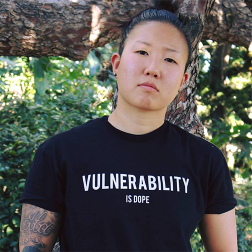Mental Health + Diabetes
Type 1 diabetes affects more than just the physical. It’s emotionally taxing and tests our constitutions daily. Whether you have type 1 or are a caregiver for someone who has it, you should know first that you are not alone.
If you have type 1 diabetes or are caring for someone who does, it is likely that you or your loved one will experience any of the following: stress, diabetes distress, burnout, diabulimia and/or depression. Sometimes talking to other people with diabetes who truly get it can make a big difference—connect with others at the Beyond Type 1 App.
For healthcare providers: Talking to Your Patients with Diabetes + The T1D Guide for Mental Healthcare Providers
Diabetes + Mental Health 101


Emotional Health and Diabetes: A Necessary Conversation
When we sat down with Dr. Cynthia Muñoz, she shared essential tips and insights into improving your emotional health with diabetes.

Just Diagnosed with Diabetes? Why and How to Find Mental Health Support
Just diagnosed with diabetes? No matter how you're feeling right now, you deserve help; here's how to find it.

Mental Health Resources for People with Type 1 Diabetes
People with type 1 diabetes have an increased risk for mental health issues. If you or someone you love is struggling, these resources may help.

Suicide Risks and Type 1 Diabetes
A 2014 review of studies that examined the relationship between Type 1 and suicide ideation, attempts, and concluded that those with Type 1 also have a higher risk of suicide.Read more: Mental Health Risks Among LGBTQ Youth with Diabetes
Mindfulness + Diabetes
Mental health and bodily health are not separate. That’s why Beyond Type 1 and DiabetesSangha have partnered to offer the Beyond Type 1 community an exclusive, free five-part mindfulness course designed specifically for people living with diabetes.
Find details about the course here. Sign up for the Beyond Type 1 Community app to access the course here.


Mindfulness: Seeing Diabetes As It Is
We’re inundated with messaging about “mindfulness” in our culture. But how can it benefit your diabetes management? Learn more here.Getting Therapy
Educational content related to mental health therapy is made possible with support from BetterHelp, an active partner of Beyond Type 1 at the time of publication. Editorial control rests solely on Beyond Type 1.
Thank you to BetterHelp for offering everyone in our community two free weeks of professional online therapy. Learn more at BetterHelp.com/BeyondType1.


Why Going to Therapy is Giving Yourself the Chance You Deserve
Taking care of your physical health is a no-brainer for a person with diabetes. But mental health can often be overlooked.

How to Find Therapy Online
Online and telehealth options for therapy can help you personalize your mental healthcare to fit your life.

Mental Health Care for All
Health care is a human right. That’s why affordable, accessible and equitable mental health support matters.

Getting Therapy as a Man with Diabetes: “Our pride gets the best of us.”
Asking for help is never easy—especially for a man in today’s world where mental health is often overlooked. Here, Keith shares why asking for help was worth it.

A Guide to Different Types of Therapy
Knowing the most common forms talk therapy will help you know what to expect when meeting with a therapist.

How Therapy Helped Me After My Diabetes Misdiagnosis
For T’ara Smith, the tools she learned in therapy to manage negative thoughts helped her weather big life transitions—and a misdiagnosis of type 2 diabetes.Boys’ + Men’s Mental Health
Educational content related to men’s and boy’s mental health is made possible with support from Lilly Diabetes. Editorial control rests solely on Beyond Type 1.


Men’s Mental Health + Diabetes
Every day with diabetes is different, but our community is here to help. Join #MenTalkHealth—real conversations about men's mental health.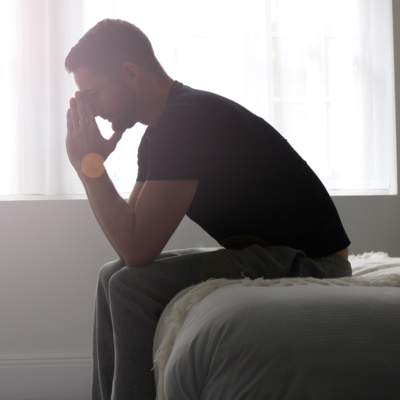
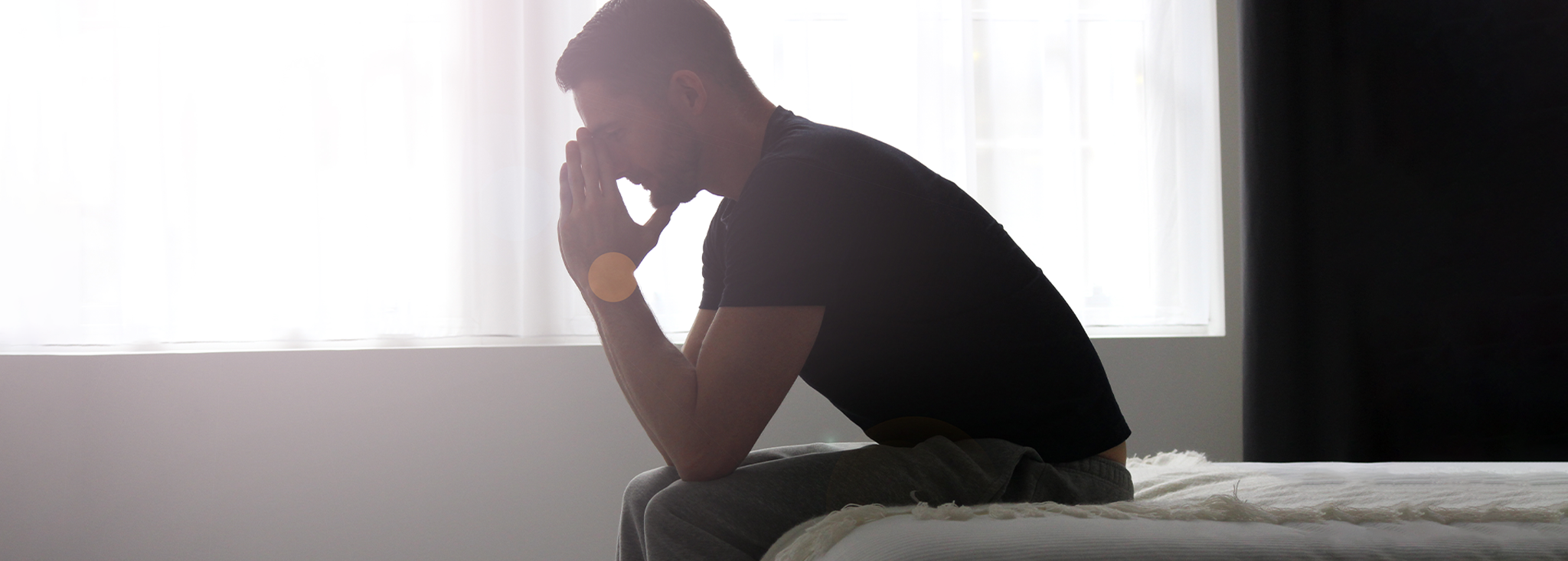
Men With Diabetes Experience Disordered Eating Too
Eating disorders are more studied and discussed in women with diabetes, but men with diabetes aren’t exempt from experiencing them.

Men’s Perspectives: Type 1 Diabetes, Self-Care and Mental Health
Men across the Beyond Type 1 community share their perspectives on self-care, peer connections and the role emotional support plays in their type 1 diabetes management.

Finding Support After a Diabetes Diagnosis: “I didn’t want to admit it was taking such a toll on me.”
“I was starting this new chapter of my life and it felt like I was getting held back” by the diagnosis, Dana says.

The Support System That Helps This FSU Baseball Player Reach His Goals
"Meeting other athletes who had type 1 diabetes and seeing what they've done made a big difference,” Jaime says.

When Adrian’s Mental Health Suffered, So Did His Diabetes Management
“When I’m mentally tired from having diabetes... it definitely affects the way I treat my diabetes day-to-day,” Adrian says.

Tackling Freshman Year with Diabetes: “I’m doing everything on my own.”
Elite tennis player Garrett Kurtz had to change the way he faced his type 1 diabetes management in college so he could stay competitive.

Musician Austin James Talks Mental Health + Diabetes Burnout
Austin James shares how integrating mental health support into his diabetes management team changed his approach to type 1 diabetes.

A Psychologist’s Perspective: Men with Diabetes Need Mental Health Care, Too
Clinical psychologist Dr. Ann Goebel-Fabbri explains how including a mental health provider who understands diabetes can strengthen your care team and help you weather stress and avoid diabetes burnout.

Mental Health Guide for Boys + Men with T1D
Living with diabetes can impact your mental health. Here’s a guide with mental health resources to get started and support.Diabetes + Anxiety


Anxiety + Diabetes
When this distress gets too high, or is disproportionate to the situation provoking it, the person tends to suffer from anxiety instead of benefitting from it. You don’t have to dig deep to find a reason for increased levels of anxiety in those living with type 1 diabetes.

Coping with Fear of Hypoglycemia
This panel features opinions from a psychologist, CDE and patient regarding fears of hypoglycemia and ways they can be assuaged -- one of which involves having tools at your disposal.

Anxiety in People with Type 1 & Type 2 Diabetes
Anxiety in people with diabetes may not be discussed very often, but research finds that it's very common.

Managing Low Blood Sugars as a Mom with Type 1 Diabetes
Work and family can make it feel like type 1 diabetes management comes third. Here are tips and encouragement to help you make time for your diabetes needs, too!Read more: All About Low Blood Sugars
Diabetes Burnout + Diabetes Distress


Diabetes Burnout
Diabetes burnout is a state in which someone with diabetes grows tired of managing their condition, and then simply ignores it for a period of time, or worse, forever.
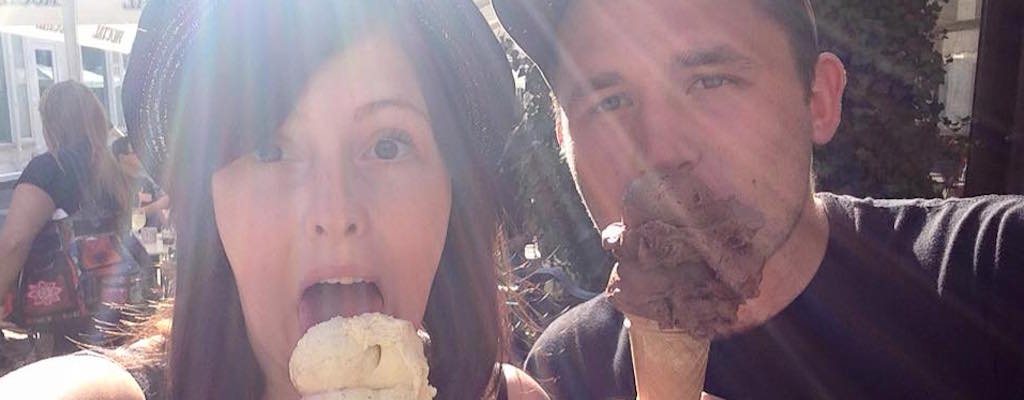
7 Real-Life Tips to Get Through ‘Diabetes Burnout’
I found it really difficult to get through my own experience of ‘diabetes burnout’ so I wanted to share some real life tips that I used successfully to get through it.

What is Diabetes Distress?
According to Dr. Lawrence Fisher, Research Director at the Behavioral Diabetes Institute (BDI), Diabetes Distress or “DD” refers to all the fears and worries that people with diabetes experience on a daily basis. Fear of complications or the fear of hypoglycemia are examples of the types of concerns that may cause DD.

The Impact of Insulin Rationing on Mental Health
Insulin rationing is an unfortunate reality for people with diabetes and the burden on mental health is something people with diabetes shouldn't have to bear.Eating Disorders + Body Image


What is Diabulimia?
What are the warning signs of the type 1 eating disorder "diabulimia"? What are the best forms of treatment? What behaviors or psychological characteristics can put a person with Type 1 at a higher risk for developing it?

Help Your Loved One with a Type 1 Diabetes Eating Disorder
Drawing on a series of recent interviews and over fifteen years of research and clinical experience with this unique phenomenon, author Ann Goebel-Fabbri provides groundbreaking insight into the lives of women who have recovered from eating disorders in type 1 diabetes.

Know the Signs: Eating Disorders + T1D
Having Type 1 diabetes is already difficult, and can be greatly exacerbated by an eating disorder, as Sara Mobäck discusses in this interview with BT1.

Prevalence & Treatment of Eating Disorders in Type 1 Diabetes
Learn why People with type 1 diabetes are significantly more likely to develop an eating disorder than their non-diabetic peers, and the most effective treatment approaches.Read more: Eating Disorders & Body Image with Type 1 Diabetes
Parents + Partners: Your Mental Health Matters


Caregiver Burnout
Caregiver burnout is real, and often goes ignored (or even unnoticed) by those who are experiencing it. It's physical, emotional and mental exhaustion.

4 Steps to Managing Your Fear When Raising a Child with T1D
For most of us, fear is not a matter of child’s play. Bonnie O’Neil explores the complexities of fear and how to handle it when you are raising a child with T1D.

How to Reset When a Child’s T1D Management Takes a Toll Your Relationship
Bonnie O'Neil discusses how to manage a relationship with your partner while taking care of a child with diabetes.

Tips for Talking to Your Teenager with Diabetes: Avoiding Shame + Blame
Are you struggling to connect with your teen with diabetes? Here are tips for talking to them without judgment when they're struggling.Personal Stories: My Mental Health with T1D


“Endo Anxiety” and the Visit that Changed my Mind
I mentally rehearse my Endocrinologist Visit Success Plan: The only way to avoid defeat is to beat the endocrinologist at her own game. I have to openly admit how horrible I am and then I will be immune to any criticism and insults to my ego.
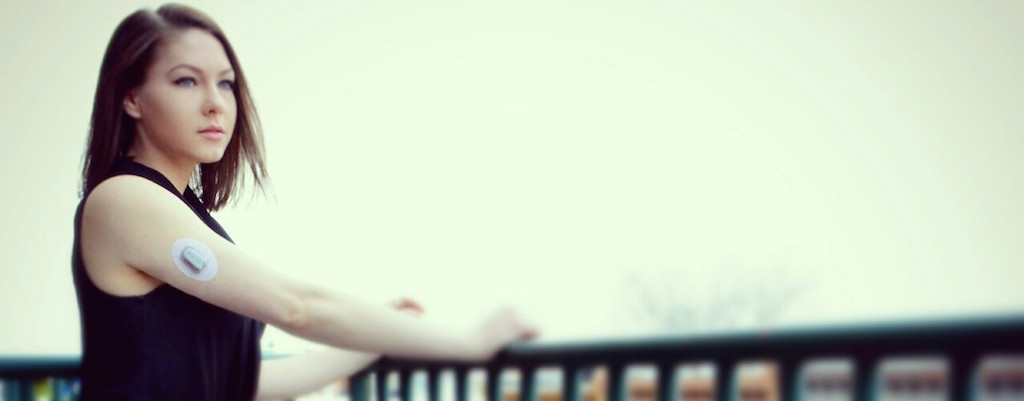
Seeing Clearly: Diabetes Burnout
After an early T1D diagnosis, Samantha was labeled as "the girl with diabetes" in her small town. Learn how this affected her mental health.

Strength Is Accepting Help for Chronic Anxiety
Kaylin Hunter used to think being strong meant refusing a life vest and fighting the T1D current and the anxiety of managing a chronic disease entirely on her own, but she now defines strength as recognizing the need for help and accepting it.
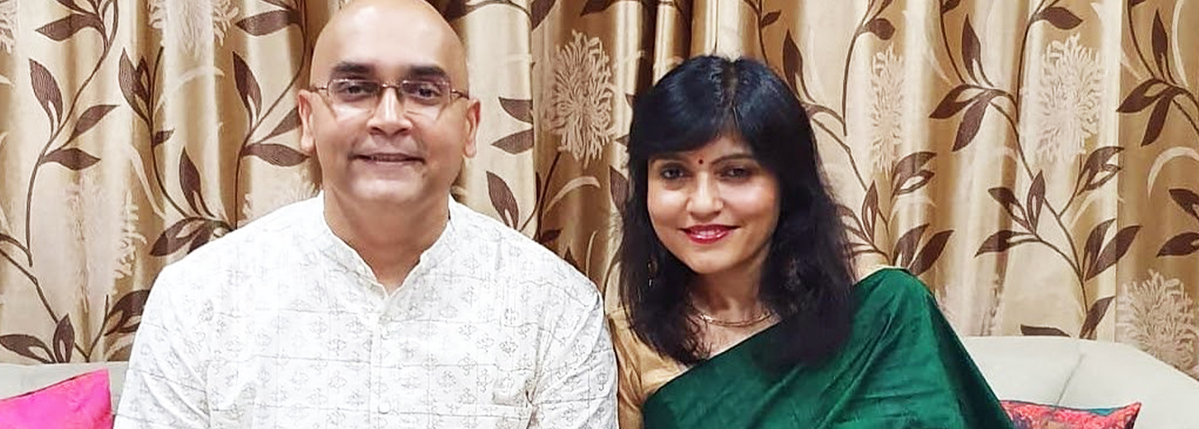
After Years of Denial, This Man Manages His Diabetes with Insulin
When Arvind Ramaswamy was diagnosed with MODY 1 diabetes at 25 years old in 1995, he was convinced the doctors had made a mistake.

When I Stopped Testing My Blood Sugar
When I arrived I had bloods done—my blood sugar was reading at 67mmol/L (1207mg/dL), higher than anyone has ever been admitted whilst still conscious.

Navigating Addiction While Living with Type 1 Diabetes
"Drugs have a way of making everything in your life take a backseat to them..." But what happens when Type 1 diabetes can't take a backseat?



